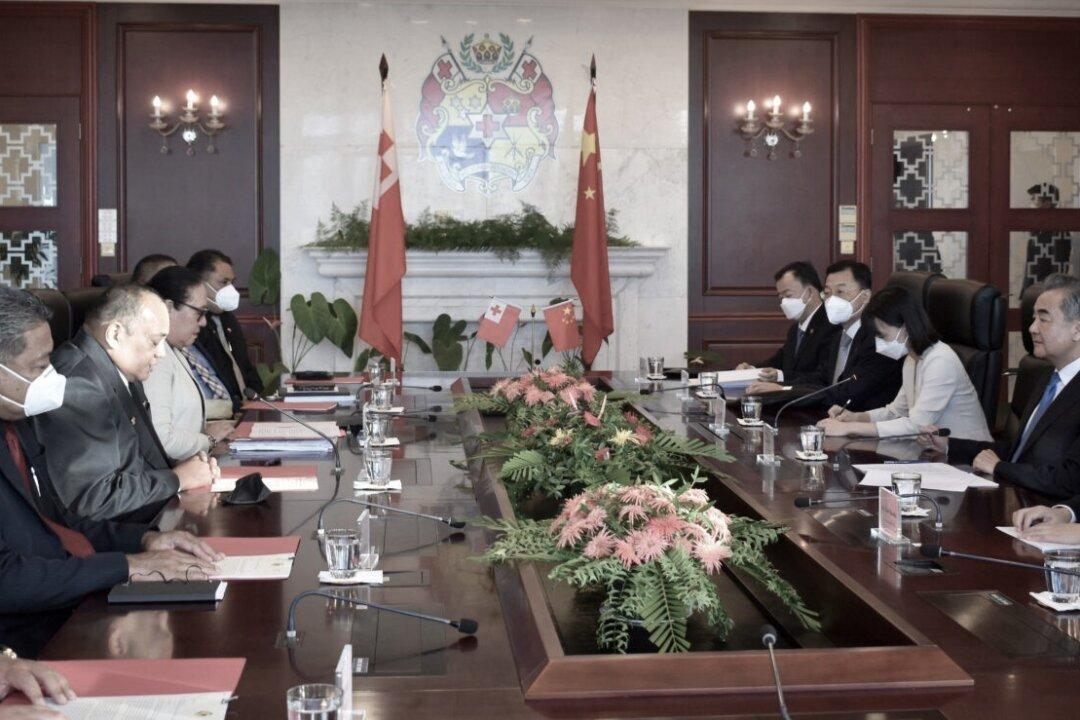Commentary
In late May, Chinese Foreign Minister Wang Yi held a virtual summit with the leaders of several Pacific Island republics to entice them into joining a Beijing-led mutual security and economic agreement. It did not end well.

In late May, Chinese Foreign Minister Wang Yi held a virtual summit with the leaders of several Pacific Island republics to entice them into joining a Beijing-led mutual security and economic agreement. It did not end well.